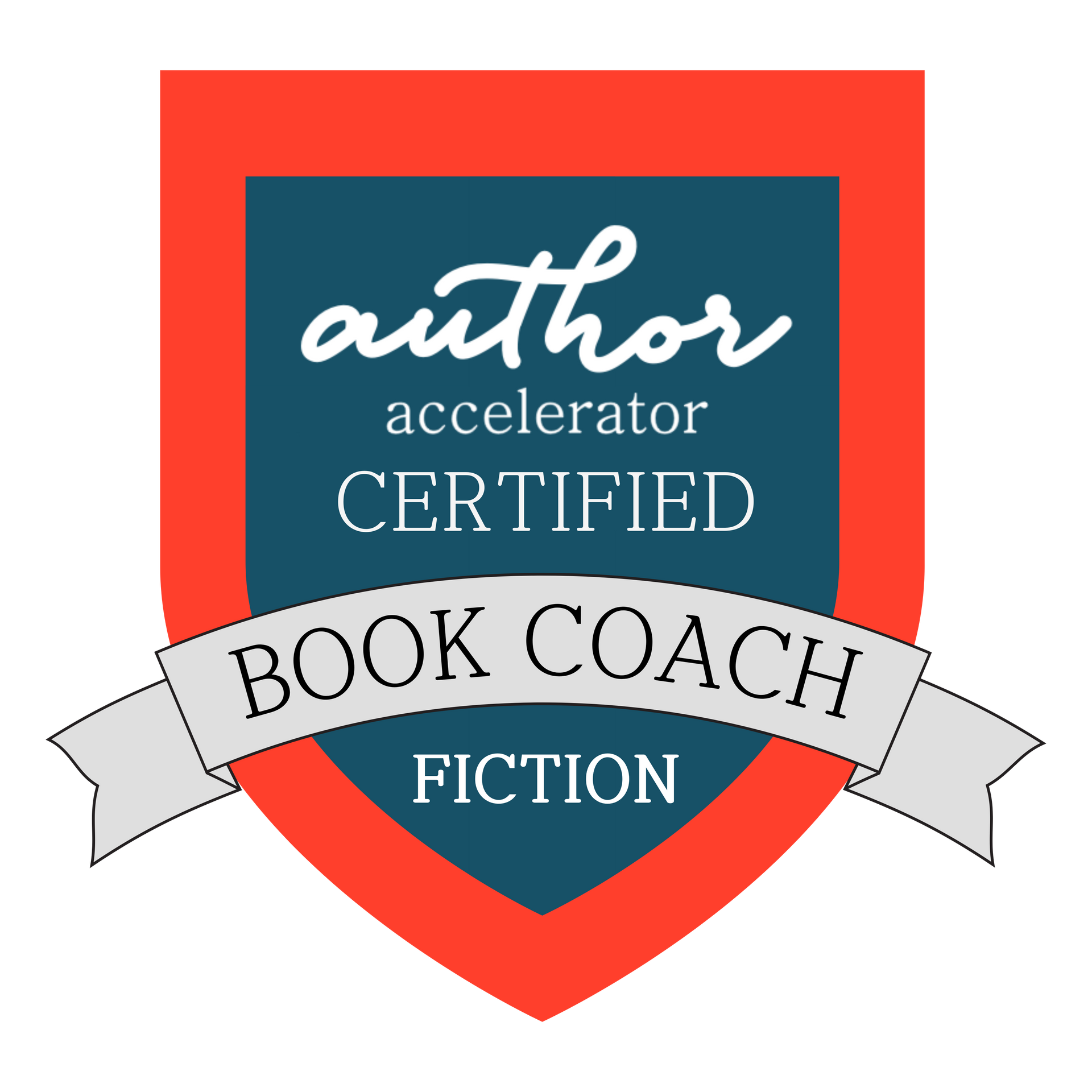The Difference in Editorial Services and Knowing What You're Paying For
Felecia Killings • March 31, 2020

When working with new authors, they assume all editors perform the same tasks for every project. But in the publishing industry, there are levels of editing you must know. Each stage in the process will determine how much you will pay to polish your manuscript. Let's review these phases now.
1. Developmental editing: This is also referred to as substantive editing. In its basic definition, developmental editing is the process by which the editor spends a great deal of time working on and re-working a manuscript. At times, it can involve consultations and coaching elements; but for the most part, it’s about getting the organization together for the writer. For example, when I completed developmental editing for my clients, it took multiple forms. Some authors only had an outline while others had an entire manuscript created. However, because the flow of the story was not there, or because it “didn't make sense,” I performed the task of rearranging content for improvement. Here’s another way to look at it. When I performed developmental edits, I added elements of copy (or content) to the work, giving the author various ideas to improve the quality of the work. Unlike with my writing coach services where I simply tell the author how to improve the manuscript, I, as the developmental editor, did the improving. This type of work is especially useful for new authors, without question. If you have never published a book or never took time to practice writing, then you need a developmental editor. You need someone who will help you formulate ideas, and one who will work with you to construct the piece so that it flows well for your intended audience. And because the editor performs so much of the work, this is costly to the writer/client. Why? Again, because the editor is doing it. In order to avoid such cost, you will want to take some time learning about writing, organization, structure, etc. If you don’t have time for all that, then you will need to invest in this type of editing. Don’t put your work out there for others to severely scrutinize. You always want to put your best foot forward.
2. The next type of editing is copy- or content editing. If you do a quick search of the terms, you will find that many people interchange both terms, and they can fall within the boundaries of each other. However, when it comes to my business and working with self-publishing authors, copy or content editing involves my editor examining the “meat” of the work and determining whether or not it meets the author's goals and the audience's needs. In other words, your copy editor may not specifically focus on the grammar and sentence structure of your manuscript. She will take the time to look at how to fix your content. With content editing, an editor will make comments and suggestions on how to improve your manuscript. The editor simply provides the suggestions without constructing the solutions for you. It is up to you, Beloved, to create the improvements or to move on without them. Once the content editor has finished working on manuscript, it's time to send it to the proofreader.
3. The last type of editing is proofreading. This should always be the last stage because this is where the editor can simply identify grammatical errors, thereby cleaning up anything that still needs to be cleaned. Do not submit your manuscript to a proofreader when you have not hired someone to perform the developmental or content editing. Once you have done that, then you can hire your proofreader.
Don't Neglect the Weightier Matters
Far too many new Christian Authors refuse to hire editing services, particularly because of the price associated with it.
But you don't want to make that mistake. In fact, Amazon is cracking down on independent works that lack in expert editing.
You can't get away from the need for this service, especially if you want to be taken seriously as a professional Christian Author. And I'm happy to share with you that The Foundation has partnered with an expert editor who can deliver quality services to you.
Red Pencil Proofreading and Editing Services Ltd
Beloved, allow me to introduce you to Leanne Wickham. She is a freelance proofreader and copy editor who offers high-quality editorial services for new and established authors.
As a proofreader, she checks for errors in spelling, grammar, punctuation, and more. As a copy editor, she will check all of the above as well as improve the flow of the manuscript, making it easier to read by removing redundant words and jargon. She will check for inconsistencies in dates, names, and style; and may also do/suggest a rewrite, if necessary, to fix any problems to ensure the style of the piece fits with your targeted audience.
Her mission is to provide high-quality editorial services, personalized to meet your needs.
I'm so pleased to have her affiliated with our brand. And as a scholar in LiyahAmore University, you will have access to her editorial brilliance based on her affordable rates.
I asked Leanne Wickham of Red Pencil to proofread the second book in a series I had written. Her attention to detail and sorting our rogue sentences was amazing. As a writer, it helped me distil my writing to lead the reader in the right direction or misdirect them depending on what I wanted to achieve. The book Revelation would not have been nearly as good without her valuable input and professionalism, and certainly wouldn’t have been ready for publication. -- Mark Innes-Jones

